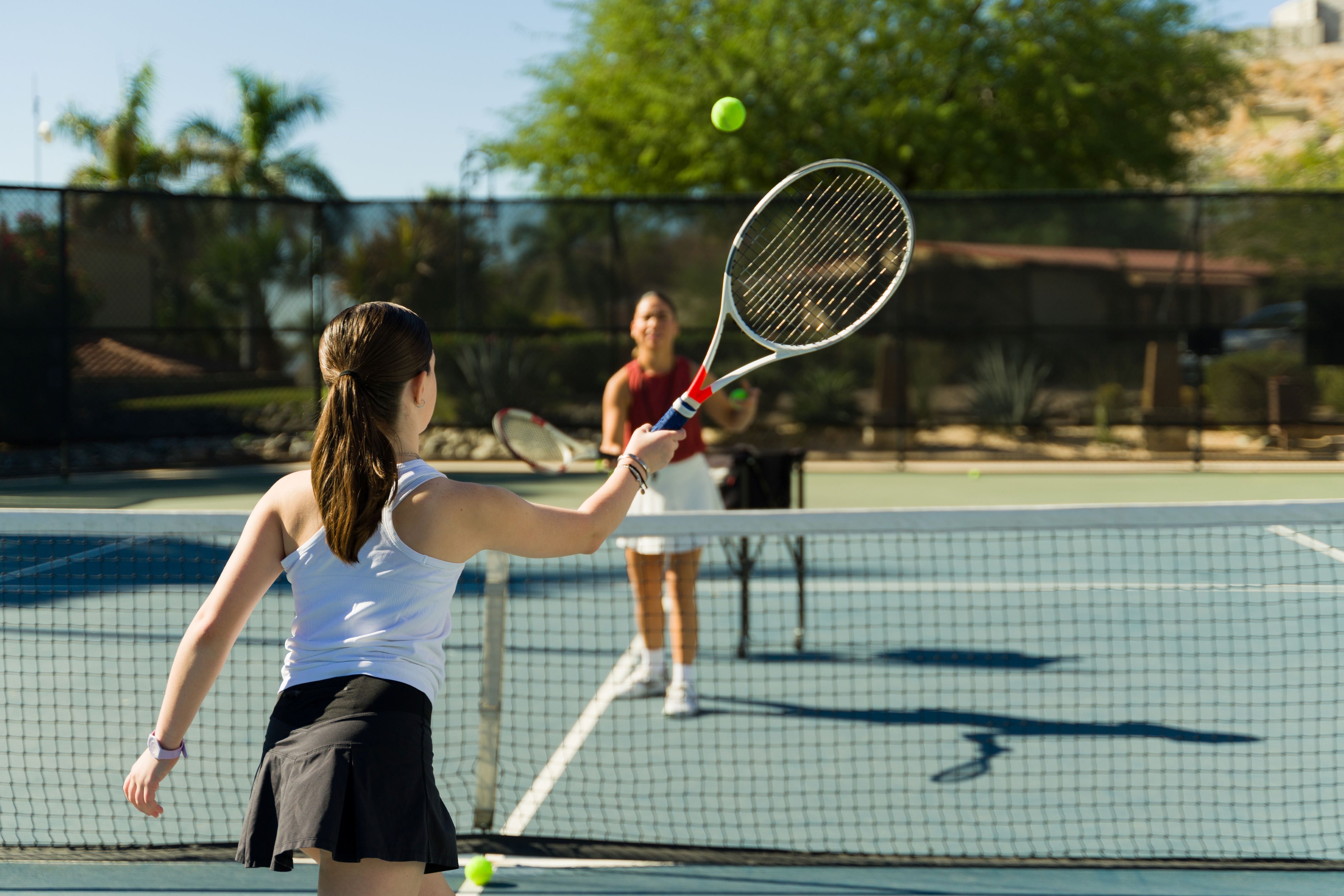It's now late March, the winter hockey season has come to a wrap, spring break is over, and the season for spring and summer sports have just begun. In Minnesota we see hockey players dabble in a variety of spring sports, including baseball, softball, soccer, golf, tennis, lacrosse, or track.
Many hockey families feel divided about how much time to dedicate during the offseason to sports besides hockey. The fear is that without a sole focus on hockey, your son or daughter might fall behind and risk losing a spot on their desired team when the next winter season rolls around.
There is truth in acknowledging that athletes who log more hours developing certain skills or speed are likely to excel in those areas. Shooting more pucks at home will strengthen your shot and increase shot accuracy, for example. However, there are very strong counter-arguments from studies conducted by USA Hockey, Hockey Canada and others highlighting the long-term benefits of youth athletes who play more than one sport. Even those who become professional athletes were often times elite athletes in other sports also.
The first benefit relates to how a secondary sport can amplify physical abilities for your primary sport. Consider how playing tennis can help reinforce hand-eye coordination, footwork, and leg strength, or how playing soccer can help with endurance and spatial awareness. An additional benefit is that learning new patterns strengthens brain performance that translates back to hockey, much in the way that learning a second language helps a person's proficiency with their primary language, as one becomes more cognizant of language rules.
The second benefit is that competing in additional sports can allow an athlete to compete but in a lower stress environment. In one’s secondary sport, the athlete can still work hard and want to win, but perhaps can do so without feeling as if so much is on the line. Instead, an athlete can just play more loose and free, take some risks, and focus on the fun.
Next, a healthy dose of time away, even from things that you love, is great to recharge the battery and renew your commitment. Think of playing other sports as similar to taking PTO, spring break, or a long weekend, to experience something different for a while. Having outlets like this can help athletes avoid burnout, and develop a healthy relation to their primary sport instead of having one’s entire identity intertwined with just one activity. Then when it’s time to hit the ice again, even for spring/summer hockey, your player can be excited to be back with renewed purpose and energy.
Lastly, if hockey is your sole passion and you wish nothing more than to spend time playing and training, then that’s great too! Just make sure you are choosing that for the right reasons (i.e. for the love of the game) rather than a belief that that’s the only option. The spring/summer can always be used for things like learning how to juggle (for hand-eye coordination), box jumps or lunges (for leg and core strength), or to work on skills that are difficult to master during the season because the time required. Other hockey-related yet different formats include skating outside on inline skates, or playing on a 3v3 team.
Whatever path is best for you, focus on continuous improvement and new learning opportunities to keep things new and fun this offseason.


